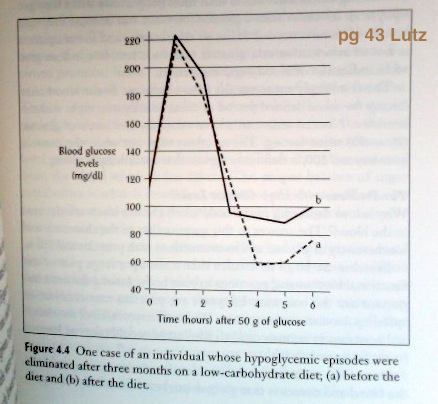About 2 years ago I've been eating only fruit and vegetables for 6 months. After that I have chosen to return to regular, diverse food - meat and everything else included. Since I started to eat normal food again I have felt some difficulties with my health:
- After eating fatty food I feel like my blood vessels are being blocked, and my arms feel tense.
- I often get tired very soon, only after 2 or 3 hours of working (whether on computer, or outside) - BIGGEST PROBLEM!
I have talked to my doctor about the problem, but didn't receive any beneficial advice about my nutrition. I'm also a running-junkie, and while I'm running I feel fine, but soon after I finish, I feel like I'm very very low on energy. Now I'm trying to eat more carbohydrates, like rice etc.
Tu sum it up: after almost 2 years of being on normal diet again, I have feeling that I have quit being veggie just a few days ago, considering the problems that do bug me. Did anyone else have similar experiences? Any advice on nutrition or about whom should I consider talking to (I feel that professional health care workers don't know too much about these kind of problems)?
Edit 1.: Trying to clarify problem a bit. (I think that) I'm mainly having issues with food fried in oil or grease, because whenever I do eat that kind of food, if I don't go to walk or run outside in few hours after that I feel like my blood vessels are blocked (strange, uncomfortable feeling in chest, neck or hands). I asked about tiredness also because it seemed to me that it might be connected to this, but now I'm not so sure --- maybe it's about better balance of nutrients... Would be most grateful if someone made the same transition I did and if there were some of the problems I described.
